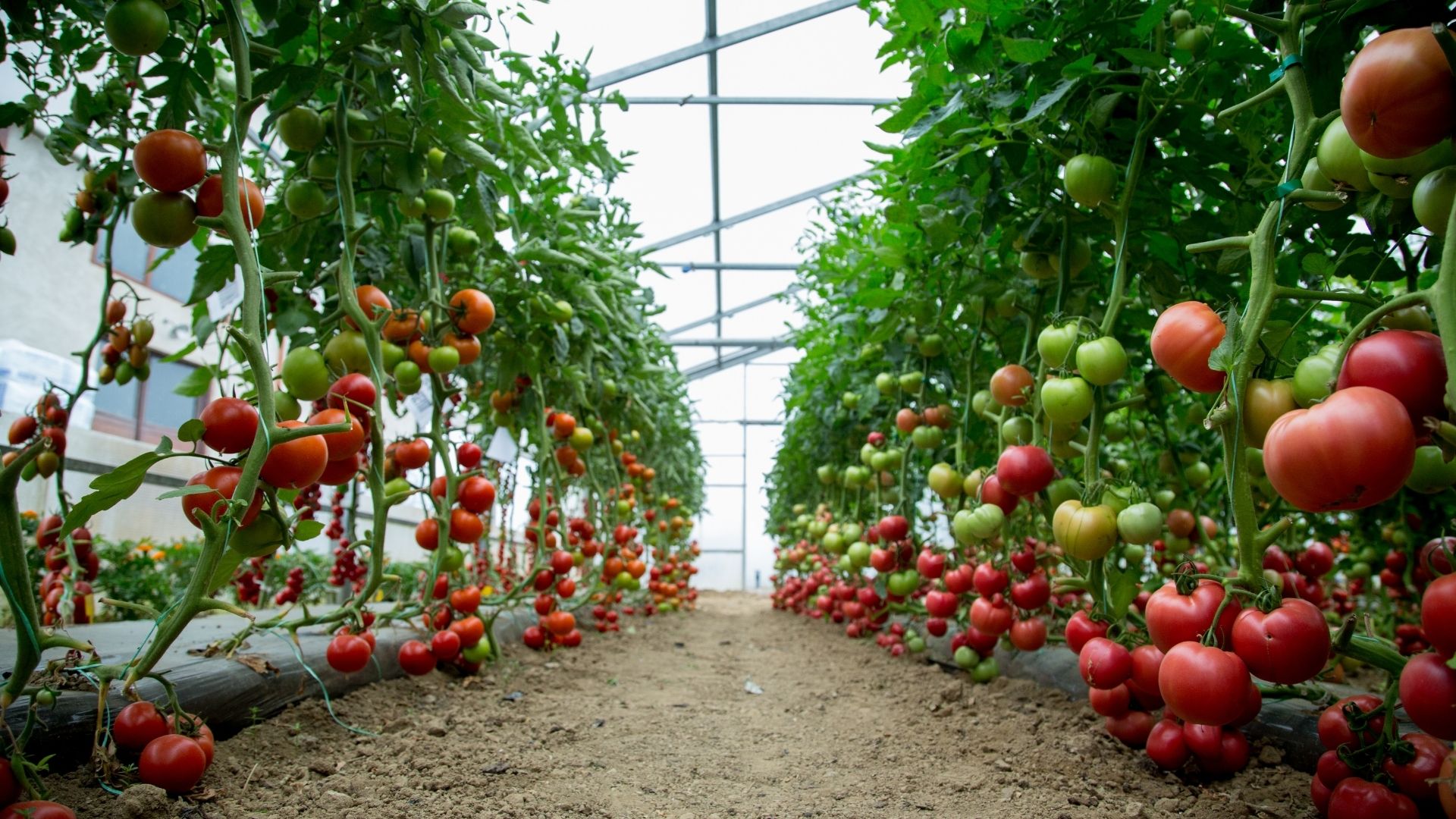The Environment Secretary George Eustice has announced changes to the regulation of gene-edited crop trials for research purposes. The Government state this change could be implemented as early as the end of the year.
The John Innes Centre welcomes the proposed changes, which will allow field trials of genome-edited crops, where the genetic changes could have occurred naturally or as a result of traditional breeding methods, to progress without requiring the same level of regulation that applies to genetically modified organisms.
Professor Dale Sanders, Director of the John Innes Centre, said, “I’m pleased that the Government is acting to change the regulation of gene-edited plants, and I welcome today’s announcement. But while DEFRA’s announcement is a step forward for crop trials, it is disappointing that the decision applies only to research and development. “The benefits of these technologies will only be realized if crops developed this way are able to reach supermarkets and customers. It is frustrating when scientific breakthroughs cannot lead to genuine improvements to the foods that we eat.”
At the same time, OF&G (Organic Farmers & Growers) has expressed unease over Defra’s announcement to permit new gene editing (GE) technologies in the UK, overturning existing EU legislation.
As a UK organic certification body, OF&G would welcome any measure that guarantees benefits to ‘food security, climate change, and biodiversity loss’ as highlighted by the environment secretary, George Eustice. However, the impact that genetic technologies will have on these three key issues is, as yet, unknown.
Roger Kerr, chief executive of OF&G, says that although not unexpected, the news leaves innumerable questions unanswered. Many of the genuine concerns raised by OF&G and others during the consultation period have been overlooked, and the learnings from the recent consultation are completely imbalanced in their representation and deficient in substance.
“It has been long anticipated that the deregulation of GE was a ‘done deal’ but coming at a time when the agricultural policy is going through such upheaval, there is little or no evidence that the much-vaunted GE’ sticking plaster’ will effectively tackle the current social and environmental emergencies we are told that it will,” says Mr. Kerr.
Assessment needed
Proponents of new genetically modified organisms (GMOs) indicate that new varieties of GE crops will ‘benefit farmers and reduce impacts on the environment’. “However, with our biodiversity and environment already under huge stress, any new strategy needs to be fully tested and an independent impact assessment made before being released into the natural environment,” continues Mr. Kerr.
“As such, OF&G recommends that the manipulation of genetic material should only be carried out under a robust, fully transparent regulatory framework. The Government has a duty to give both farmers and shoppers a choice; from variety breeding through to product labeling, similar to the stringent regulation organic licensees achieve year-on-year,” he adds.
In this latest announcement, the Defra chief scientific advisor, Gideon Henderson, states that ‘the planned changes will ease burdens for research and development involving plants… to align them with plants developed using traditional breeding methods.’ However, he fails to mention that organisms created by genetic engineering are, in fact, novel and patentable, created using ‘inventive steps’ that do not occur in nature.
Intellectual property rights
“In the new world of GE patented crops, intellectual property rights will be hugely important in the food system. We would encourage a public debate on the impact of ever-greater corporate control of our food. The assertion that the lifting of the ban on GE will ‘help grow plants that are stronger and more resilient to climate change’ is entirely unverified, as are the impacts of releasing these organisms into the natural environment,” continues Mr. Kerr.
“If the Government genuinely seeks to ‘protect the natural environment’ as they have indicated, then there are proven, regulated, whole food system methodologies, such as organic, that deserve far greater recognition and support through funding for additional research.”
“We have had 70 years of agricultural technological innovation which has attempted to manipulate and subvert nature, and we are now facing the harsh realities of this approach. GE is no different. Industrial, intensive agriculture is killing our ecosystems, and the deregulation of GE will not address this. The Government needs to think beyond a ‘silver bullet’ and implement policies that resolve the root causes of these problems if we’re to avoid the inevitable slide toward disaster for our society and planet,” concludes Mr. Kerr.






 OF&G
OF&G




